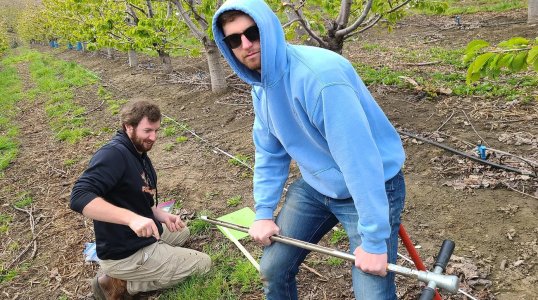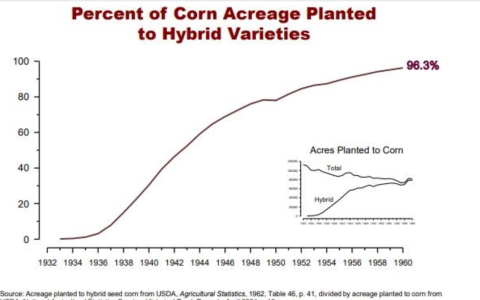The bottleneck is in the divide between growing skills and business skills. There are tons of great growers out there. Tons of great business people. Very few possess both skills, but they are quickly finding their way to the nutrition business.
The guys that are really successful have complete vertical integration and almost no need for or exposure to patented life support products like chems, drugs, seeds, equipment, buildings, debt, etc.
I don't think every consumer has to switch for this to work. Once enough people get on the other side of the seesaw, big business will be forced to compete. Maybe that's 5% or 10% of the market, but eventually, the demand will be unavoidable, and you'll get Tyson and Cargill in on it, and it'll be done in the United States. Until then, I'm happy having my growers' personal cell numbers and being able to see where and how my critters lived.
The economics are there. Grazers can make thousands per acre with no capital. Beats the hell out of hundreds per acre with tens of millions in capital. And this is how you revitalize rural America. Let the bankers work second jobs, and the grazers drive the corvettes.
#Skoogman/Simons2024



